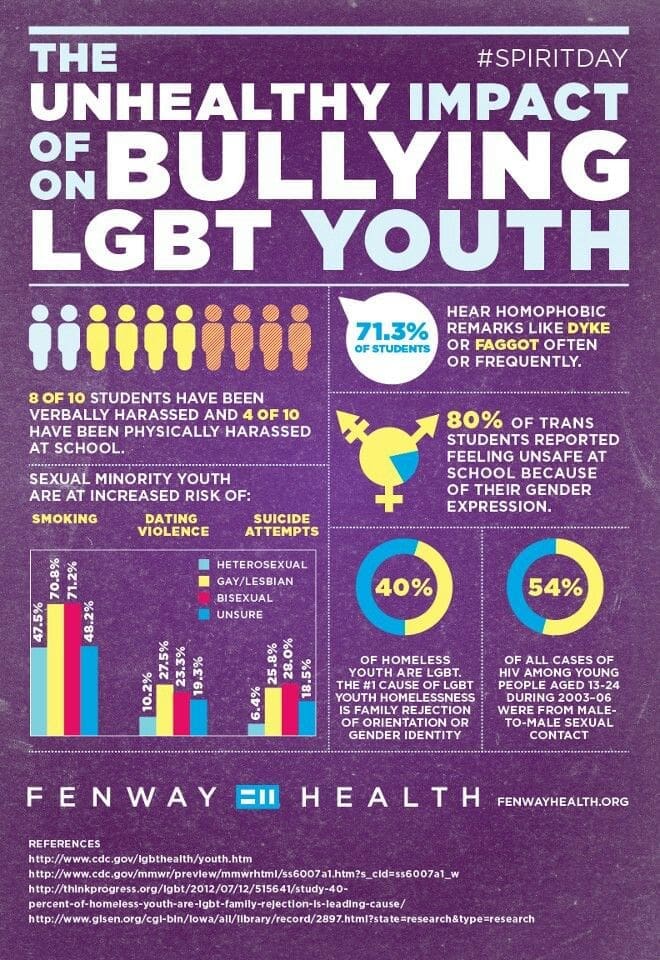“Bullying” means any repeated and pervasive written, verbal or electronic expression, physical act or gesture, or a pattern thereof, that is intended to cause distress upon one or more students in the school, on school grounds, in school vehicles, at a designated bus stop, or at school activities or sanctioned events. Bullying includes, but is not limited to, hazing, harassment, intimidation or menacing acts of a student which may, but need not be based on the student’s race, color, sex, ethnicity, national origin, religion, disability, age or sexual orientation. NMAC 6.12.7.7
“Cyberbullying” means electronic communication that targets a specific student; is published with the intention that the communication be seen by or disclosed to the targeted student; is in fact seen by or disclosed to the targeted student; and creates or is certain to create a hostile environment on the school campus that is so severe or pervasive as to substantially interfere with the targeted student’s educational benefits, opportunities or performances.
- 88% of teens have seen someone be mean or cruel to another person on social media networking sites
- 12% of teens say they witnessed unpleasant behavior “frequently” on social networking sites
- 62% of parents ofteens ages 13-14 are “friends” with their child on Facebook
- Approx 20% of teens update their sites or profiles at least once a dace
- 24% of social network users say they are not confident in their ability to use privacy settings
Bullying has serious implications and lasting negative effects on our mental health and overall well-being of a young person. The negative outcome from bullying can lead to a young person becoming depressed, anxiety, low grade point average, and poor attendance.
Talk about bulling with your kids.
Help kids understand bullying. Talk about what bullying is and how to stand up to it safely. Tell kids bullying is unacceptable. Make sure kids know how to get help.
Keep the lines of communication open. Check in with kids often. Listen to them. Know their friends, ask about school, and understand their concerns.
Encourage kids to do what they love such as activities, interests, and hobbies can boost confidence, help kids make friends, and protect them from bullying behavior.

